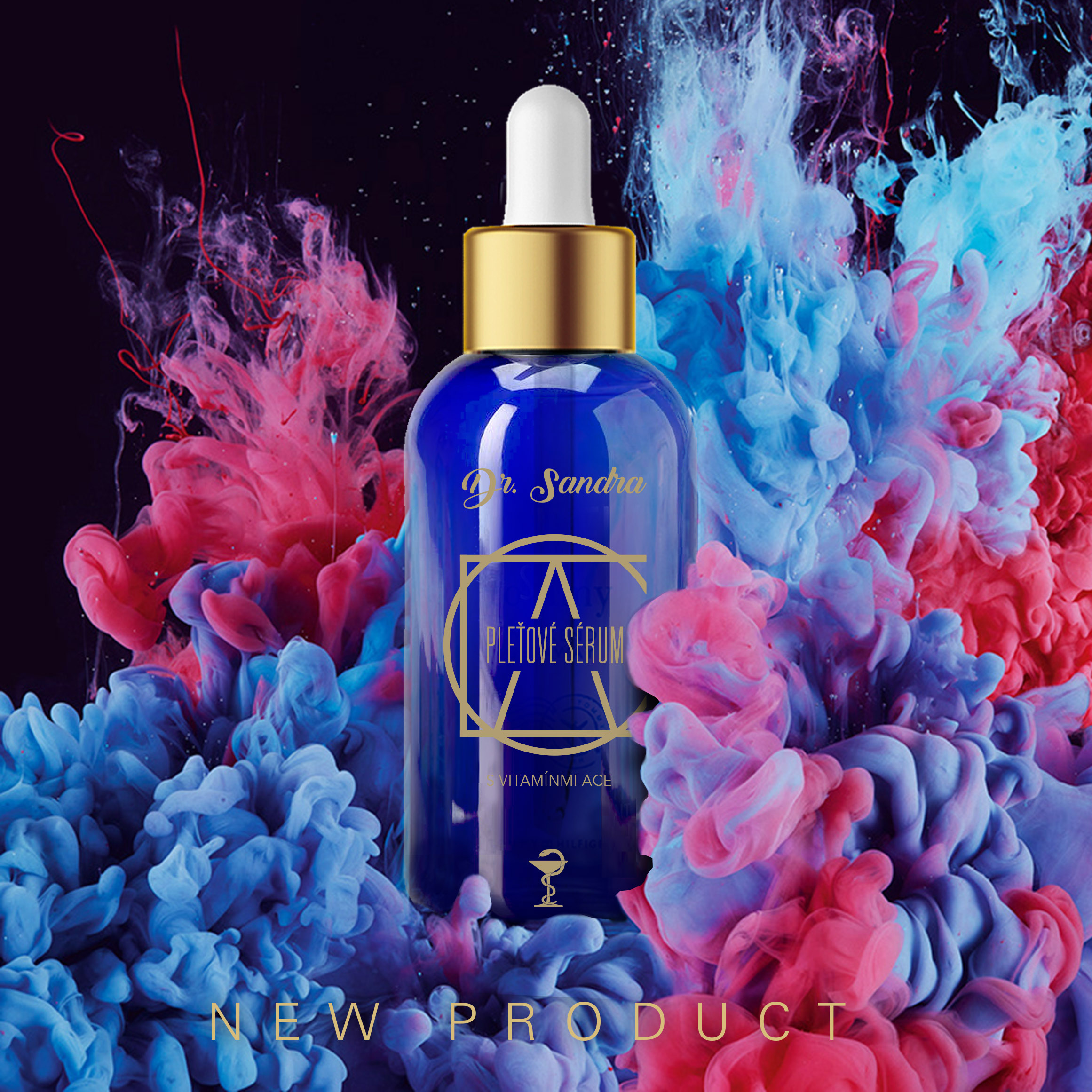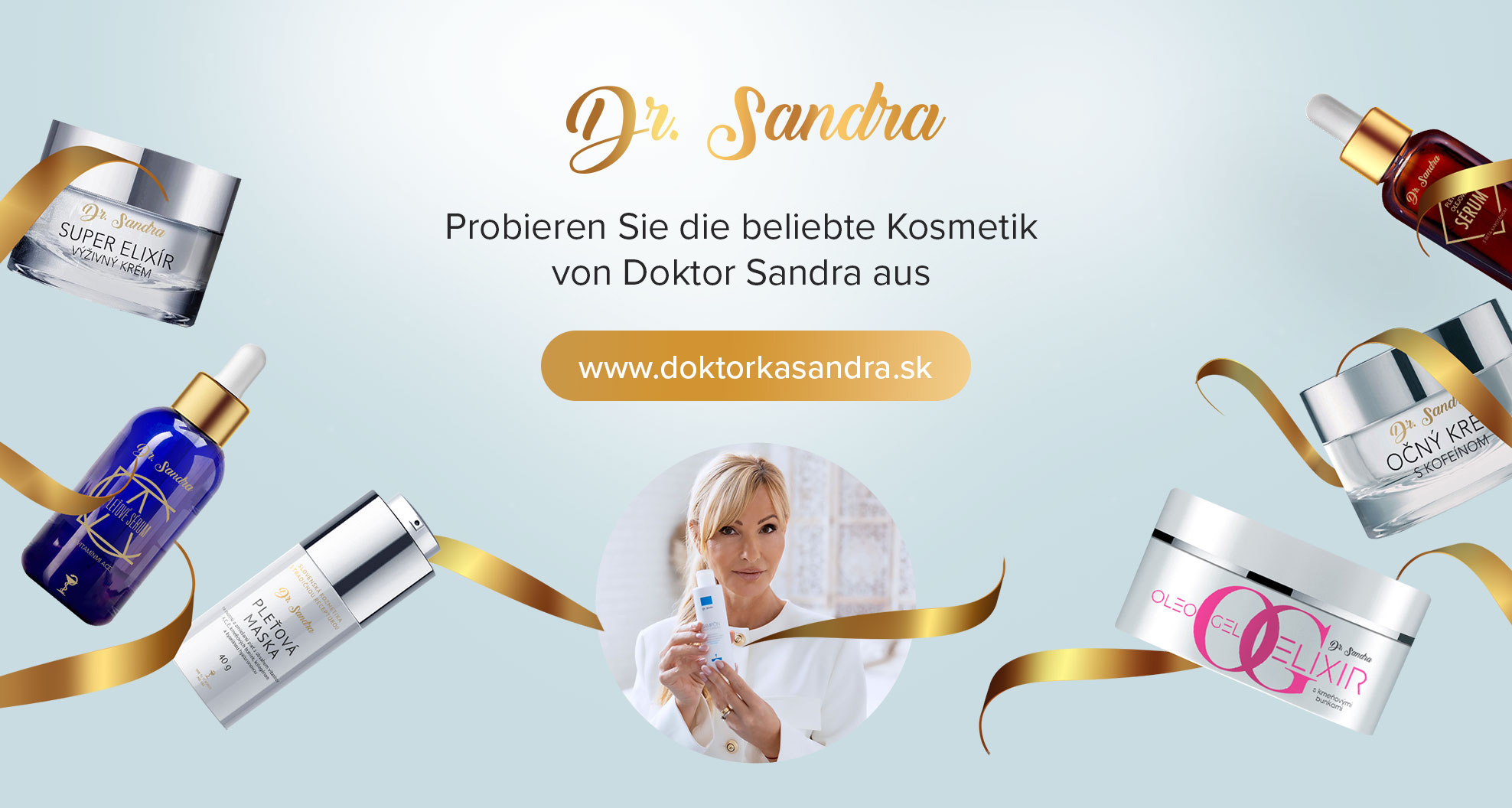Vitamin C infusion therapy
Vitamin C infusion therapy
Vitamin C infusion therapy
Vitamin C or L-ascorbic acid is an essential mineral for the human body, which we cannot make ourselves, so we have to get it from the outside through food or supplements.
It acts as a powerful antioxidant and protects the body against the action of cell-damaging free radicals. Its function in our immune system is also important. It helps with oxidative stress, which weakens the function of the immune system and thus contributes to infections and chronic diseases (autoimmune, rheumatoid, opportunistic, inflammatory, tumor). Every infection in our body consumes vitamin C, which results in a constant decrease in vitamin C reserves. This increases susceptibility to further infections and creates favourable conditions for the development of tumour growth. Vitamin C has an effect on connective tissue-collagen and ligament formation- leads to an increase in the strength of the vascular wall and an improvement in the condition of varicose veins, a reduction in excessive bruising or nosebleeds
- contributes to the regeneration and re-formation of collagen fibres, which leads to the rejuvenation of the skin and subcutaneous tissue and thus to the reduction of wrinkles as well as to the reduction of the formation of “senile” pigmentations
- contributes to the regeneration of joints and cartilage
- slows down degenerative changes in the lens of the eye (age-related hyperopia).
Benefits of infusion administration of vitamin C
The human body needs higher doses of this valuable vitamin if it is in a stressful and stressful period or in a period of weakened immunity – then a sufficient concentration of vitamin C can be achieved by direct administration into the blood, when a single dose of 7.5 grams through infusion reaches a plasma level of vitamin C of 2.38 grams. This is a therapeutic dose equivalent to the consumption of roughly 15 kilograms of oranges per day.
It is clinically proven that the most effective form of administration to achieve sufficient levels with increased vit.C consumption is intravenous administration (directly into the vein). Infusion administration of vitamin C allows rapid replenishment of the vitamin and access to the vitamin to every cell of the body by creating a surplus of it in the body for a transitory period of time.Who is vitamin C infusion therapy suitable for?
The prophylactic administration of high doses of vitamin C into a vein, also referred to as vitamin C infusion therapy, is recommended:- as a protection against viral or bacterial diseases and to boost immunity
- for regeneration, firming and rejuvenation of the skin by stimulating collagen production
- chronic viral or bacterial infections, such as sporangiosis, recurrent herpes, infectious mononucleosis and herpes zoster
- vascular disease-“broomstick coils” on the face and body (especially on the legs)
- allergic diseases of various types
- food intolerances, histamine intolerance, chronic indigestion
- autoimmune diseases
- better wound healing before or after a planned surgical procedure
- prevention for people suffering from fatigue, reduced ability to concentrate, stress, long-term mental stress
- athletes with a high physical load
- rheumatic and degenerative diseases of the joints or spine
- infusion treatment with vitamin C may be recommended in the period of convalescence after prolonged illnesses of various causes and after surgery to promote wound healing
Application flow
On the day of the infusion, the client should observe the dietmeasure, namely- not to eat foods containing oxolates: spinach, beetroot, chocolate or nuts.Application is by intravenous administration, i.e. by simple injection and gradual dripping of the infusion in liquid form. Approximate length of administration is from 30-45 min. preferably lying down. There are no restrictions after graduation. Sufficient hydration is needed after vitamin C infusion, so drink plenty.
For the best effect, it is advisable to take 4 treatments at weekly intervals (i.e. 1 month) throughout the year.
Contraindications
- hypersensitivity to L-ascorbic acid
- kidney disease, kidney stones
- thalassemia, haemochromatosis, sideroblastic anaemia
Complications
- paravenous administration (outside the vein): swelling present in the spinal cord, pinching
- allergic reaction: itching, rash, difficulty breathing
Notice
Vitamin C infusions can only be given as a precaution to people who are healthy and have not been in possible contact with the SARS-Co V-2 virus. If someone wants an infusion because they already have some symptoms of illness, they may not be given an infusion in our facility. All therapeutic interventions that interfere with the body of a person with a possible infection are only allowed to be carried out in designated infectiology departments.
Recommended product
 SKIN OIL SERUM
with vitamins A, C, E
€24.00
Buy
SKIN OIL SERUM
with vitamins A, C, E
€24.00
Buy
